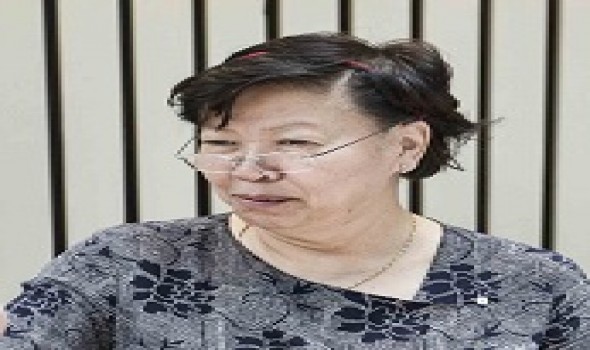Sofi Taylor: Why it is important to question the candidates standing for election at your door steps.
Sofi Taylor: Why it is important to question the candidates standing for election at your door steps.

The importance of voting cannot be underestimated. Birch et al (2013) warned that any citizen groups, who can vote but chose not to, will contribute to political inequality for themselves and this is bad for democracy. Soroka and Wlezien (2010) had warned us that not voting can result in negative government policies outcomes for these groups of citizens. And positive actions and policies are being skewed towards particular voting groups. We have seen this in this government in their policies towards older people as research has suggested that they are more likely to vote. The perception that migrant citizens will not vote only contribute to less favourable outcomes in government’s policies. There are many times when you hear that a candidate seeking votes will say on television that when he or she is on the doorsteps, people’s main concerns are about migration. And it is not good news, rather it is bad or negative perceptions of migrants that people express. This can only add to the stigmatisation and further discrimination of migrants. At the Migrant Voice conference on 6 & 7th of June 2014, there was an outcry for migrants to vote. Part of this also means that we have to speak up as well as act upon this. There was a suggestion that we should have some questions to put to candidates seeking election, even if we intend to vote for them. Along with these questions, we should also put forward the case of positive contributions by migrants, economically and culturally. We should be clear that we are migrants and make clear our own contributions to our local, national and international communities. Questions to think about asking: 1: What is your party policy on immigration if I vote for you? At this stage you may get the usual inaccurate claims about migration and migrants and you should correct any inaccuracies with your experience and views. After all they are there to listen to you. Tell them that you are looking for positive outcomes for migrants like yourself. 2: Why should I vote for your party if you are negative about people like me? Making it personal is good because it puts them on the spot to justify their position. 3: How does your party intend to deal to the negatives perceptions of migrants in the media? Negative perceptions feed into stigmatisation and discrimination of migrants. Do you have more questions to ask? Please add to this list, it will be a pick and mix list of questions for you to ask that candidate seeking YOUR VOTE!!!! References: Birch S., Gottfried G. and Lodge G. (2013): Divided Democracy: Political Inequality in the UK and why it matters, IPPR. Soroka SN. And Wlezien C. (2010); Degrees of Democracy Politics, Public Opinion and Policy. London and New York, Cambridge University Press Sofi Taylor is the founder member and Chair to the Overseas Nurses and Care Workers Network. She was also the Founder and co-ordinator for the Unison Overseas Nurses Network. At present a trustee for MRN.


